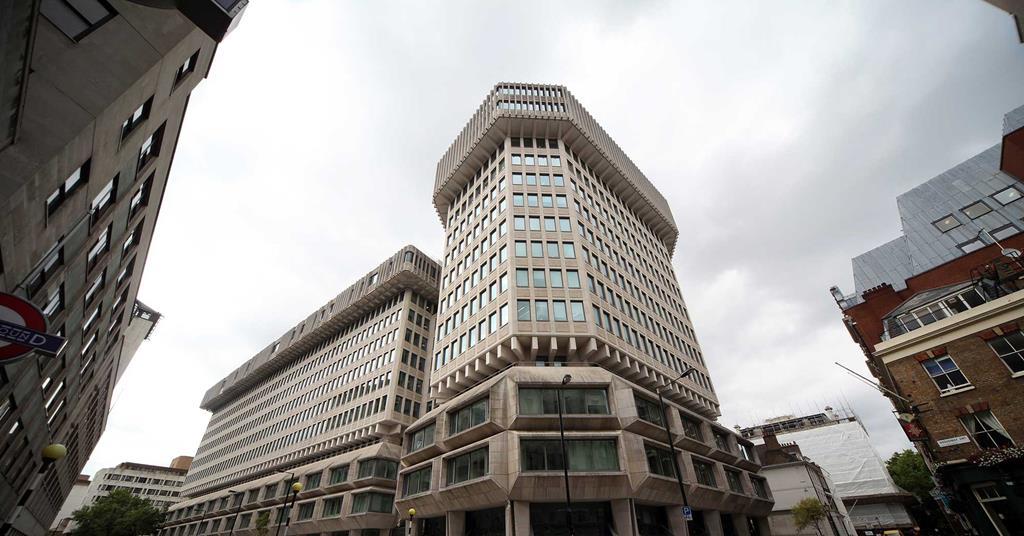International Commission of Jurists Condemns President Saied’s Crackdown on Free Speech Online in Tunisia
The International Commission of Jurists (ICJ) has raised concerns about President Kais Saied’s crackdown on free speech online in Tunisia. The ICJ has criticized the implementation of Decree 54, which criminalizes the spreading of “fake news” and allows for harsh penalties for those found guilty.
Since the introduction of the decree, at least 14 individuals have been investigated, with some already serving jail time. Critics argue that the vague language of the decree gives authorities broad powers to penalize critical speech without clear definitions of what constitutes false information or rumor.
The ICJ’s legal adviser, Fida Hammami, has called the law “draconian” and a tool of repression used by authoritarian regimes. The ICJ is calling for all charges to be dropped against those imprisoned under the decree, as well as reparations for any harm suffered. They also demand a halt to trying civilians in military courts and an end to political attacks on lawyers, political opponents, and journalists.
The controversial decree has faced criticism from United Nations Special Rapporteurs, Amnesty International, Human Rights Watch, Access Now, and other rights groups. The Tunisian journalists’ union has also been vocal in opposing the law.
President Saied’s actions, including weakening the judiciary’s independence, have raised concerns about the misuse of power and the weaponization of the prosecution office to target critics and political opponents. The ICJ warns that such laws have no place in democratic societies and are reminiscent of past authoritarian regimes.
As the crackdown on free speech continues in Tunisia, the ICJ and other human rights organizations are calling for action to protect fundamental rights and ensure that dissenting voices are not silenced.


